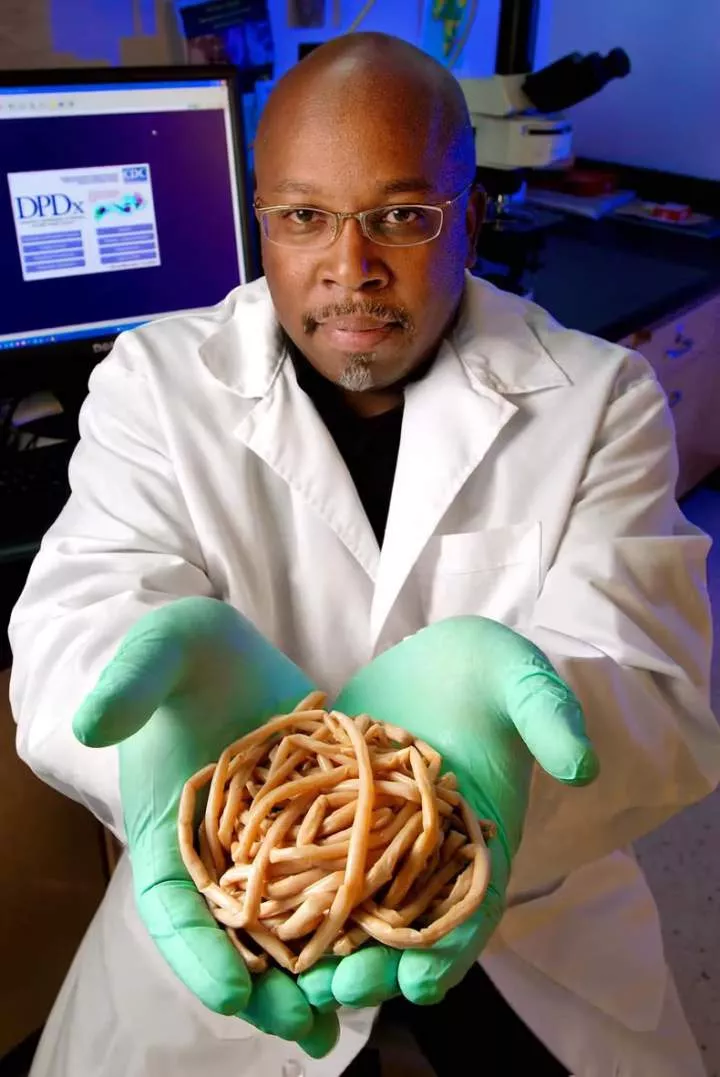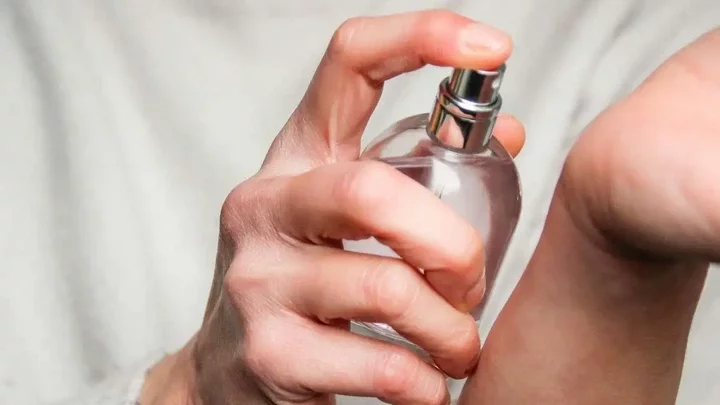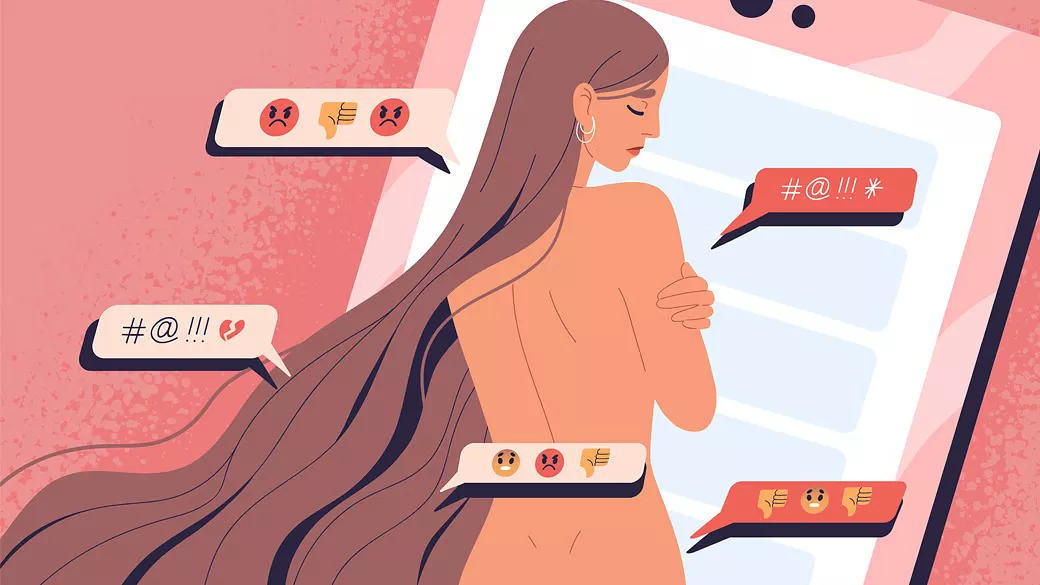![Why you need to deworm intestinal worms [Australiageographic] Why you need to deworm intestinal worms [Australiageographic]](https://static.netnaija.com/i/5PKDo2wYNnM.webp)
Why do experts recommend deworming, the process of eliminating intestinal worms with medication, be done twice a year for most people starting at age two? Well, you'll soon find out.
Intestinal worms can be very dangerous for adults and children if they are not treated.
What happens when you don't deworm often?
People infected with worms suffer from a lot of things, including:
Organ damage: In some cases, tapeworms can travel to the brain, eyes, heart, lungs, or liver and cause damage.
Not getting enough nutrients (malnutrition): Worms steal nutrients from your food. This will lead to stunted growth in children.
Weakness from deficiency anaemia: Blood loss from worms can lead to low iron levels, making you feel tired and weak.
Belly blockage: A large number of worms can sometimes block your intestines.
Dehydration: Worms cause you to have severe diarrhoea and can leave you dehydrated.
Infections: Worms can cause infections in your appendix, gallbladder, pancreas, and other organs.
Bloody diarrhoea (dysentery): This can be very uncomfortable and dehydrating.
Kidney Prolapse: Straining during bowel movements can cause this problem.
How do worms get into the human body?

Hookworms, roundworms, and whipworms are parasites that rely on human intestines for survival and food.
More than 2 billion people in disadvantaged areas suffer from infectious worm infestations. Although transmission pathways vary, the majority of diseases are caused by eating tiny eggs.
Infections can be transmitted by drinking polluted water, walking barefoot on contaminated soil, eating infected foods like worn eggs on unwashed vegetables, touching fingers to the mouth, or walking on contaminated dirt.
Take note of the sources and deworm yourself regularly.

















Comments